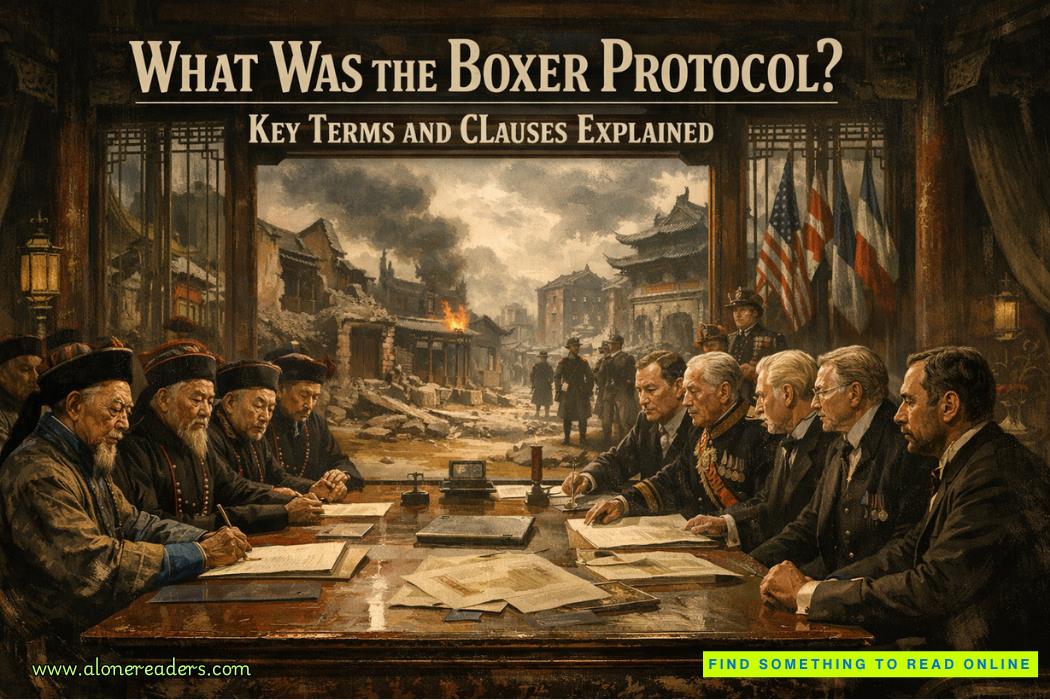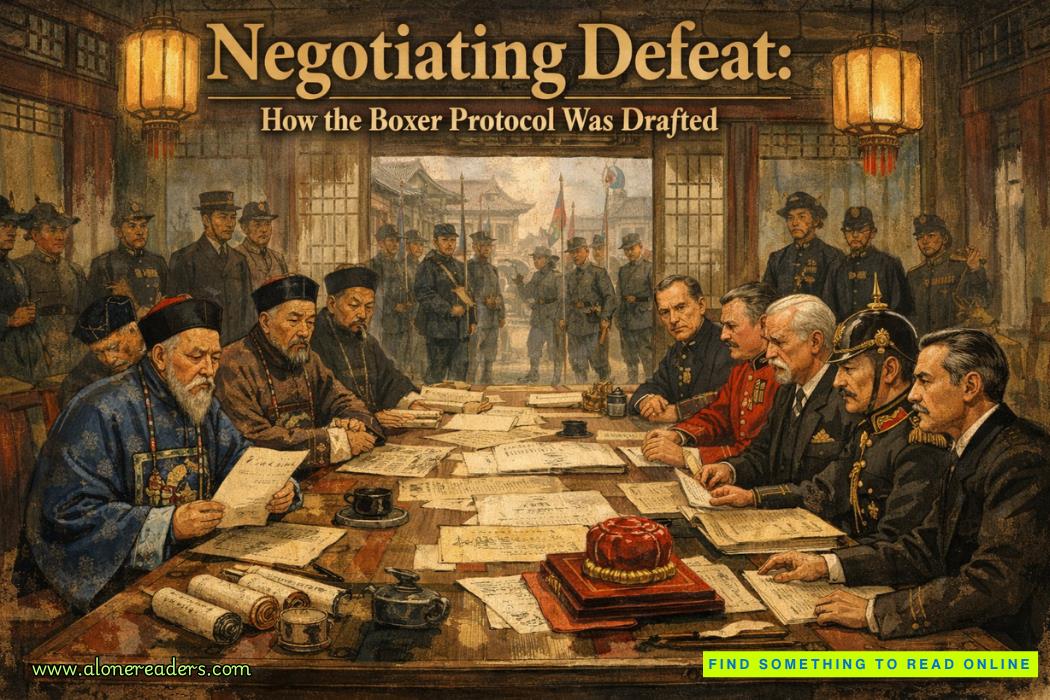“I, Clarissa Morton, countess and Caster, hereby renounce King Peregrine II and all his house. For centuries, those of us possessing magic have bent our backs to carry peace within this kingdom, and you, in your malice, have broken them at last. To the Crown, I offer two options: His Majesty will either gift freedom of magic in Loegria, or I will buy it in blood.”
Though Aria had already heard the letter’s contents, she felt goose bumps anew. She’d met Dowager Countess Morton only briefly—first, at Earl Morton’s funeral, then more recently at a musical recital the queen had hosted for women of the court. Despite the fearful magic the woman possessed, Clarissa Morton had seemed aloof, not bloodthirsty.
But that was before the execution of her son.
As Lord Philip sat, one of the king’s generals scoffed. “Flinging stones or flinging Casts, it makes no difference. What can onewoman do against the Crown? Majesty, give the command, and I’ll have a squad of soldiers drag her in for trial at once.”
“Trial for what?Grief?” Earl Wycliff shook his head. “Threatening or not, these are just words, spoken by an angry mother in rightful mourning. Give it time, and she’ll see reason. There’s no need to exacerbate the situation with military action.”
Duke Crampton spoke with quiet thoughtfulness, as he always did. “She’s beengiventime. A full mourning period. Holding off action in the face of a direct threat is asking too much.”
From the opposite wing, Marchioness Elsworth nodded. “You say ‘one woman,’ but she’s talking about all magic users. She may plan to raise a full-scale rebellion.”
Arguments sprouted on either side—wait it out or treat the declaration as criminal—and no one seemed willing to explore the middle ground.
Aria bit her lip, scanning through her notes on how past court disturbances had been handled.
“I have an idea,” she said.
Too hesitantly. No one heard. And in the back of her mind, a quill scratched.Speaking without confidence. Mark.After shrinking for a moment in her seat, she straightened and repeated her words at a louder volume.
“Yes, Aria?” Her father waved two fingers to acknowledge her.
“We could extend a compromise. A peace talk. She asks for freedom of magic, and in regards to laws governing both Stone and Fluid Casters, I think the witch’s mark is the main—”
“Compromise?” Marquess Haskett scoffed. The man looked like a vulture, shoulders hunched around a balding head. “A threat is made against the Crown, and your suggestion is to indulge it? With respect, Highness, a worse option couldn’t be found.”
Heat flooded Aria’s cheeks.
Suggesting the worst option. Mark.
She would have fallen silent but then Lord Philip said, “Perhaps it’s worth discussing. After all, the countess did ... lose her son. Perhaps a concession can be made in acknowledgment of that sacrifice.”
Turning a page in her notes, Aria said, “I read of a past conflict with my grandmother similar to this. During Queen Theresa’s reign, a young girl named Dorothy Ames was executed. Different reasons, of course—she was a shapeshifter—but my grandmother—”
“No,” said her father sternly. “Lord Haskett is correct. Bending to threat is weakness, and there’s no compromise I can make that the countess would accept.”
“We don’t know that,” Aria protested, though her voice lacked strength. “Not without trying. If we sent someone to negotiate with her, we could—”
“Aria.” The king held her gaze until Aria at last looked down. Then he added quietly, “Compassion is a noble thought but rarely a viable action. You must know when to abandon an idea.”
“Yes, Father,” she murmured.
Raising his voice, her father addressed the court once more. “Dowager Countess Morton wishes to cry injustice when no injustice was done. Her son’s death, though worthy of grief, was unavoidable. The countess will either come to accept that, or she will move against the Crown and face sentencing of her own. For now, we must consider her a potential danger to the kingdom, along with any Caster she comes in contact with. If she has not rejoined court by month’s end, we will revisit this matter with a squadron of soldiers.”
The matter was settled. Though Aria nodded to her father, her spirit sank. She looked up at the stained-glass windows, drawing comfort from the familiar, fragmented pictures.
For a moment, she wondered about the first craftsman who attempted such a thing. When he gathered a collection of brokenglass and declared he would make the shards into something more beautiful than an unbroken pane, had one of his colleagues called it the worst option possible?
She left the meeting, clutching her journal.
“You’re right and they’re wrong!” Eliza declared.
Aria’s heart agreed, but her mental quill had something else to say.
Arrogance. Mark.
“It’s not that simple,” she said with a sigh.















